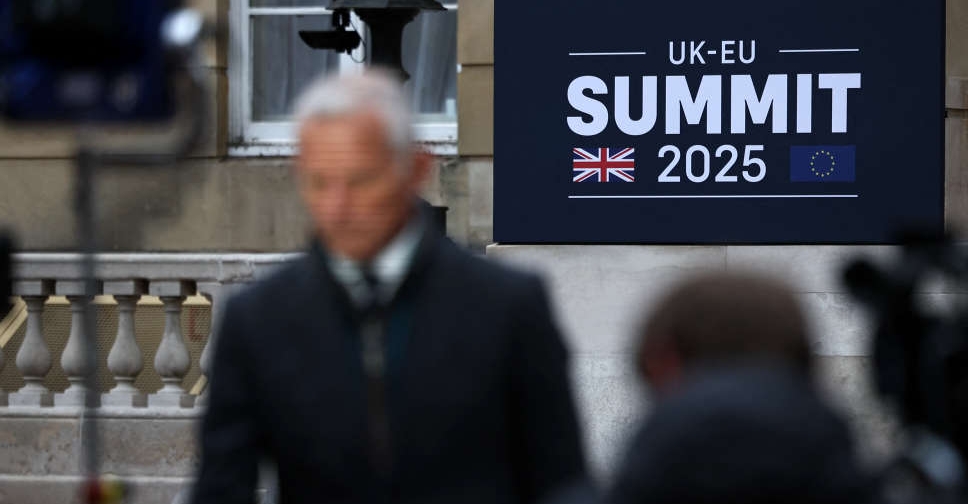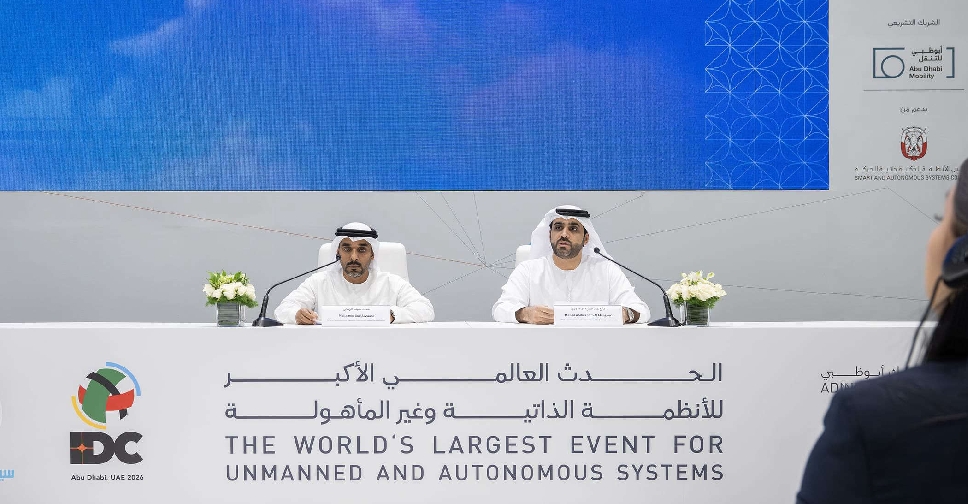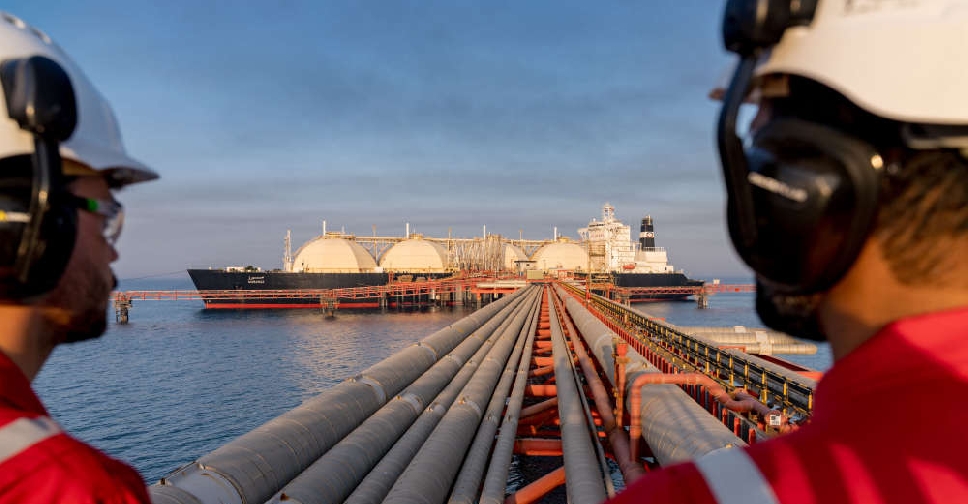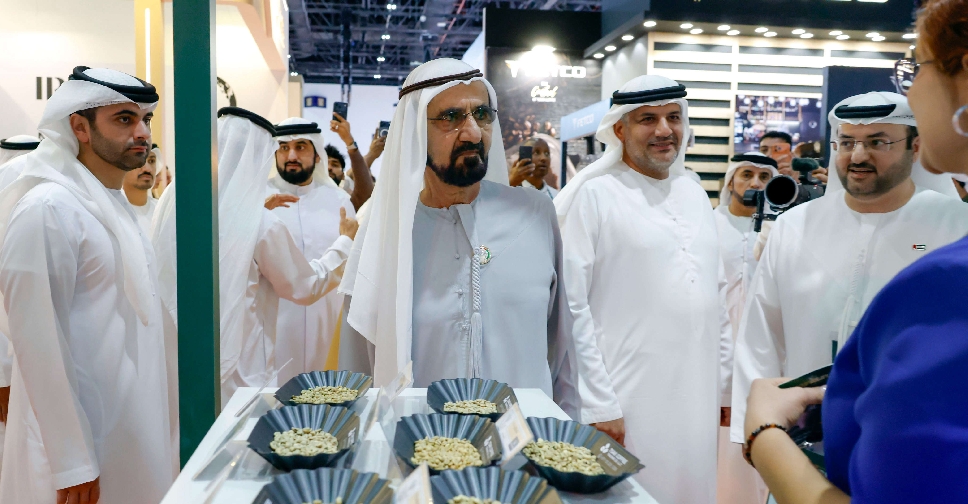
Britain agreed the most significant reset of ties with the European Union since Brexit on Monday, removing some trade barriers and collaborating on defence to help grow its economy and boost security on the continent.
Prime Minister Keir Starmer, who backed remaining in the EU, has bet that securing smoother access to Europe for UK visitors and trade will drown out the cries of "betrayal" from Brexit campaigner Nigel Farage when he agrees to closer EU alignment at a summit in London.
But the deal contains political risk for Starmer as it touches on sensitive issues including fishing rights, and many of the agreements will require further negotiation.
The reset follows US President Donald Trump's upending of the post-war global order, which has forced governments around the world to rethink ties on trade, defence and security, and brought Starmer closer to France's Emmanuel Macron and other European leaders.
Economists said the reset with the UK's biggest trading partner could have a larger impact on its sluggish economy than recent deals with India and the US, but its refusal to rejoin the EU's single market or customs union will limit that.
"It's time to look forward — to move on from the stale old political fights and to find common sense, practical solutions that improve the lives of British people," Starmer said on X.
At the heart of the reset is a defence and security pact that will let Britain be part of any joint procurement, but further agreement will be needed for British companies including BAE, Rolls Royce and Babcock take part in a 150 billion euro ($167 billion) programme to rearm Europe.
On fishing, British and EU vessels will have access to each other's waters for 12 years - removing one of the UK's strongest hands in any future talks - in return for a permanent reduction in paperwork and border checks that has prevented many small food producers from exporting to Europe.
Britain should also get access to faster e-gates for UK travellers at EU airports.
In return, it has agreed to the outline of a limited youth mobility scheme, with the details to be hammered out in the future, and it is discussing participation in the Erasmus+ student exchange programme.
Starmer is due to meet with European Commission President Ursula von der Leyen and European Council President Antonio Costa to sign the deal on Monday morning, after the two sides agreed the final details in the middle of the night.
HISTORIC REFERENDUM
Britain's vote to leave the EU in a historic referendum in 2016 revealed a country that was badly divided over everything from migration and sovereignty of power to culture and trade.
It helped trigger one of the most tumultuous periods in British political history, with five prime ministers in office before Starmer arrived last July, and poisoned relations with Brussels.
Polls show a majority of Britons now regret the vote although they do not want to rejoin. Farage, who campaigned for Brexit for decades, leads opinion polls in Britain, giving Starmer limited room for manoeuvre.
But the prime minister and French President Emmanuel Macron have struck up a solid relationship over their support for Ukraine, and Starmer was not tainted with the Brexit rows that went before, helping to improve sentiment.
Trump's unpredictable tariff programme has also prompted governments to try to strike new trade deals to seek new export economies.
Britain struck a full trade deal with India earlier this month and secured some tariff relief from the US, while the EU is seeking to forge trade deals with India and deepen partnerships with Canada, Australia, Japan and Singapore.
Rather than seek a full return to a pillar of the EU like the single market, Starmer sought to negotiate better market access in some areas - a move that is often rejected by the EU as "cherry picking" of EU benefits without the obligations of membership.
Removing red tape on food trade will require Britain to accept EU oversight on standards, but Starmer is likely to argue that it is worth it to help lower the cost of food.
Agreeing a longer-term fishing rights deal will also be opposed by the industry, by Farage, and by the opposition Conservative Party who negotiated the original Brexit deal and who labelled Monday's event as the "surrender summit".



 Dubai Holding expands hospitality portfolio with acquisition in Mallorca
Dubai Holding expands hospitality portfolio with acquisition in Mallorca
 UMEX and SimTEX kick off with major UAE defence deals
UMEX and SimTEX kick off with major UAE defence deals
 ADNOC Gas signs $3 billion LNG deal with Hindustan Petroleum
ADNOC Gas signs $3 billion LNG deal with Hindustan Petroleum
 H.H. Sheikh Mohammed visits World of Coffee Dubai
H.H. Sheikh Mohammed visits World of Coffee Dubai


